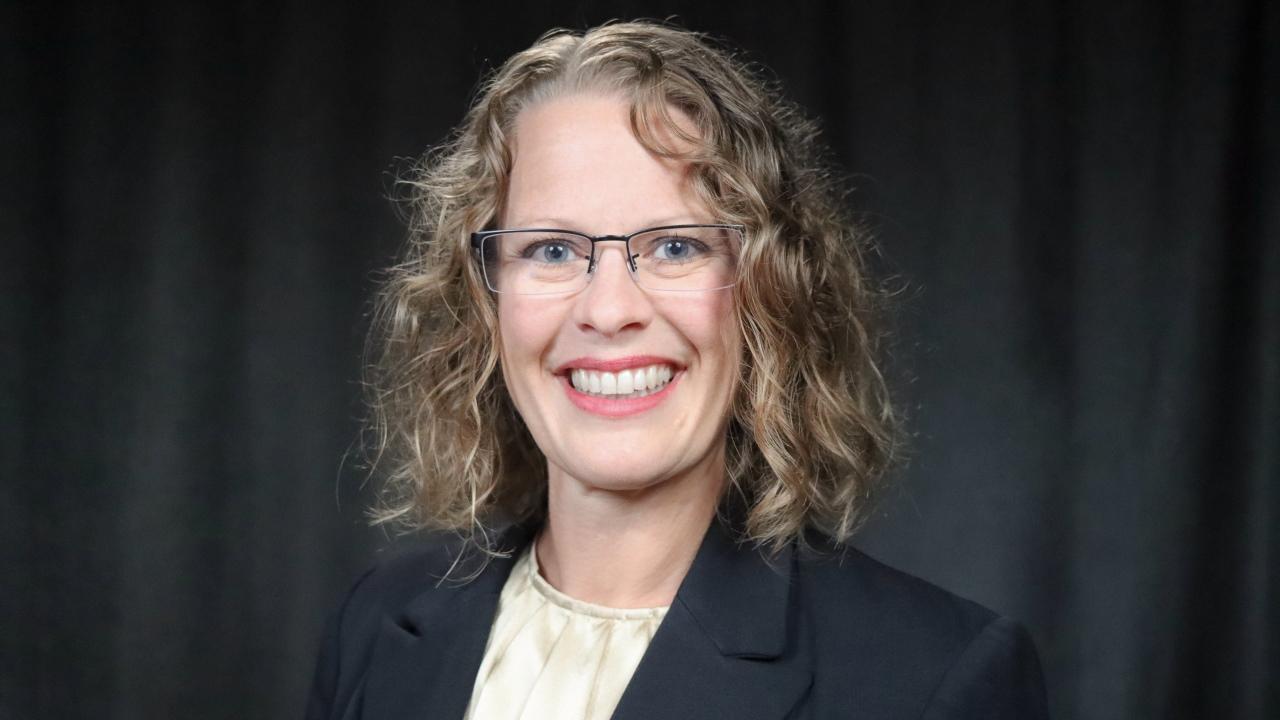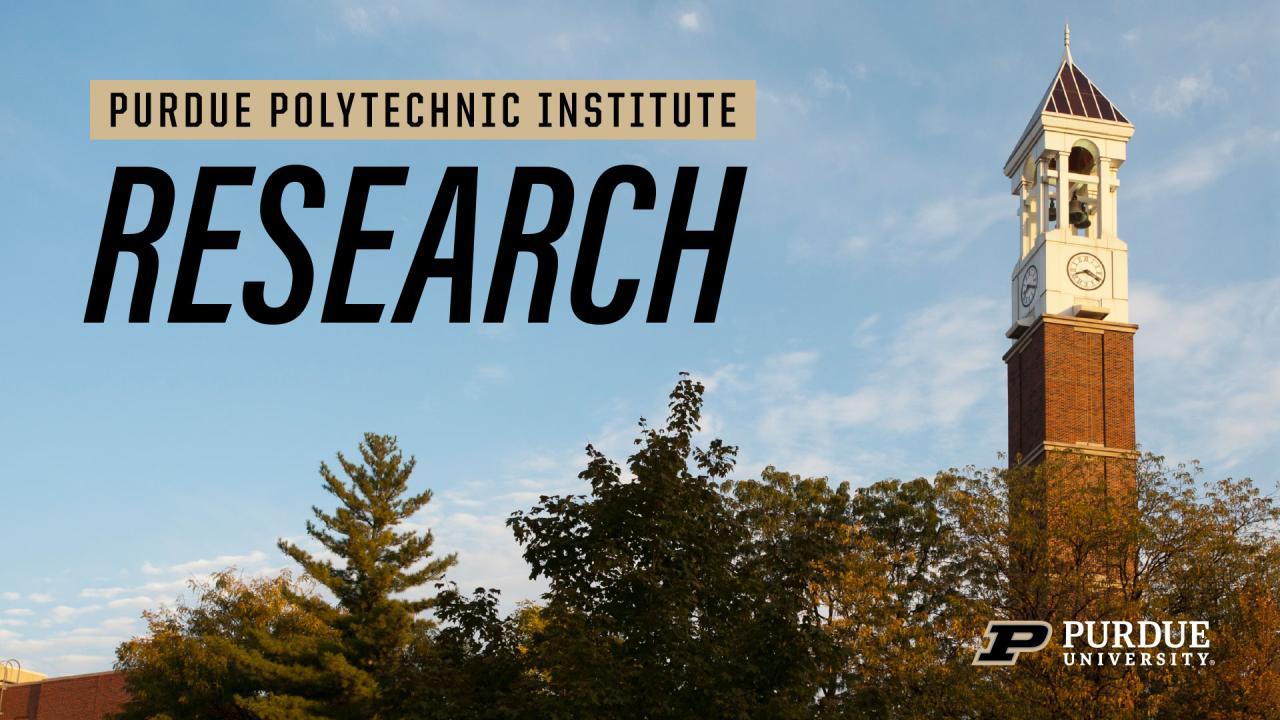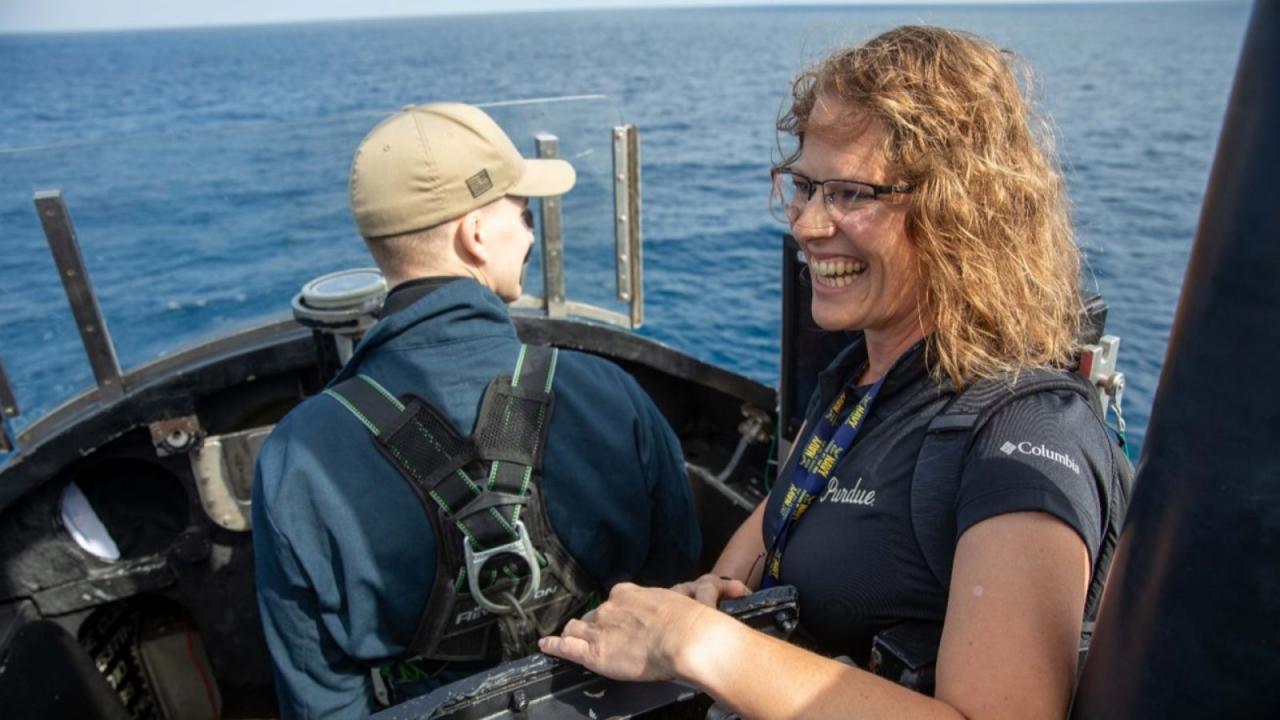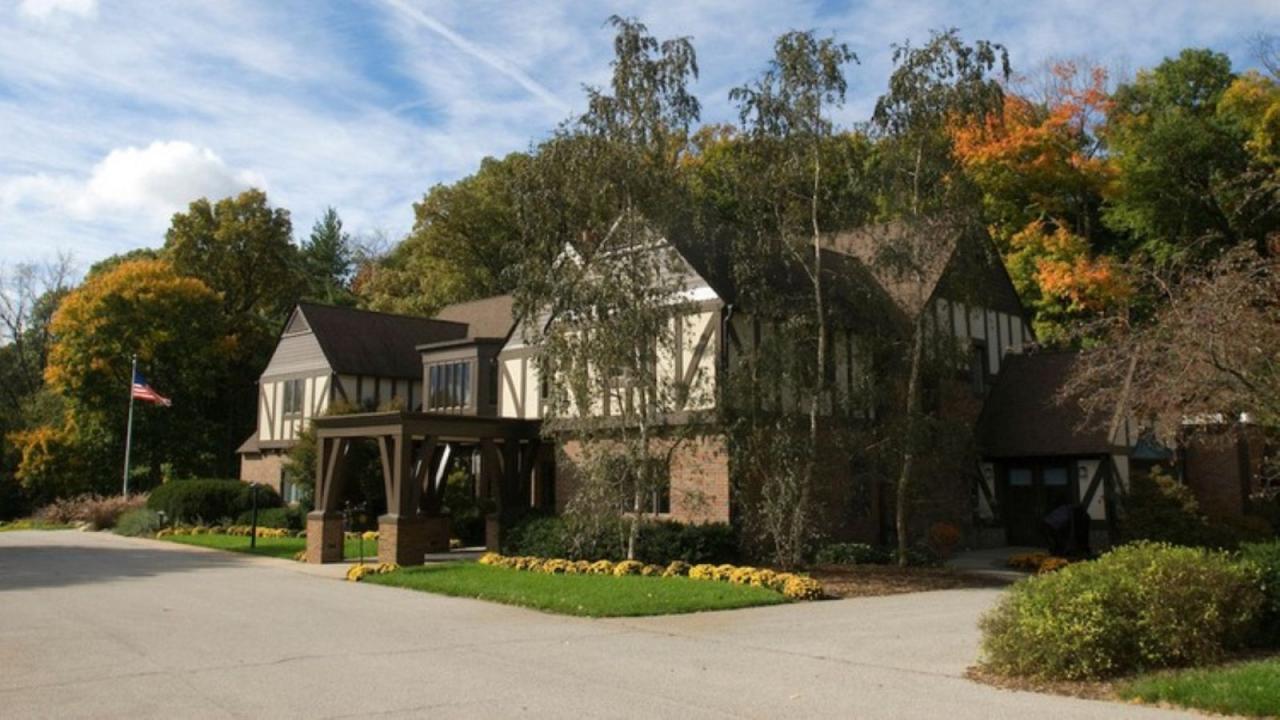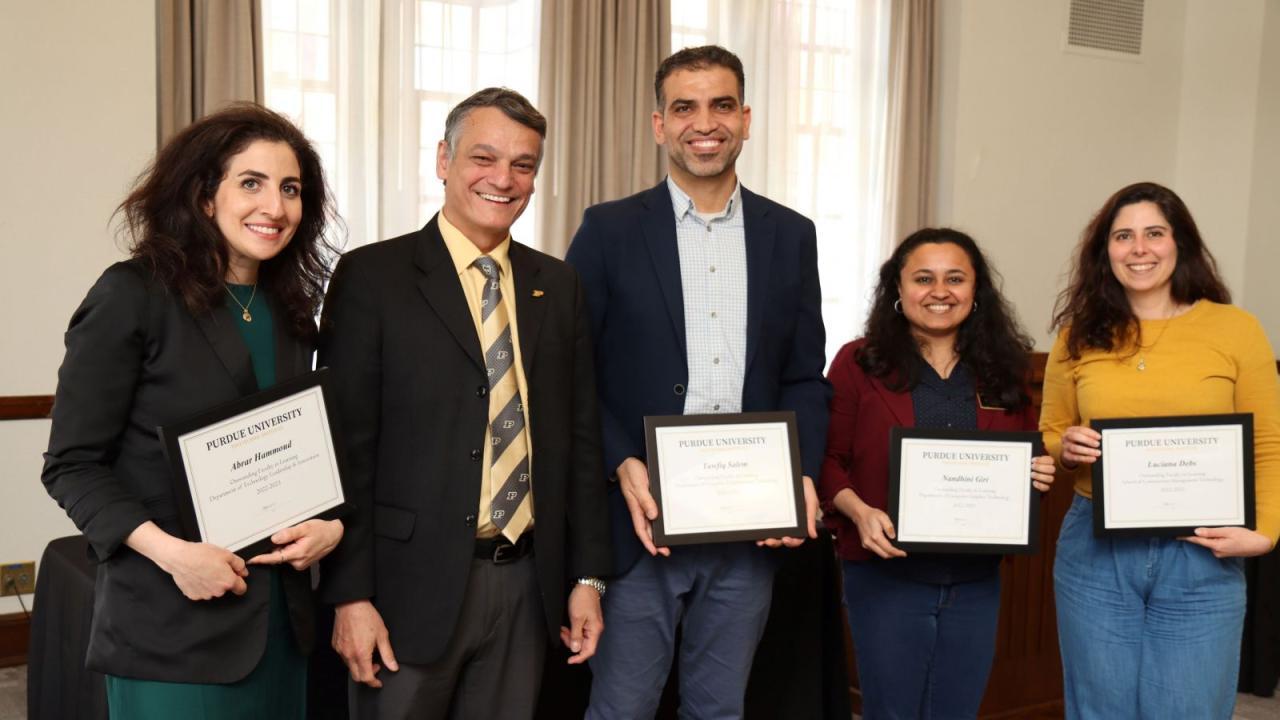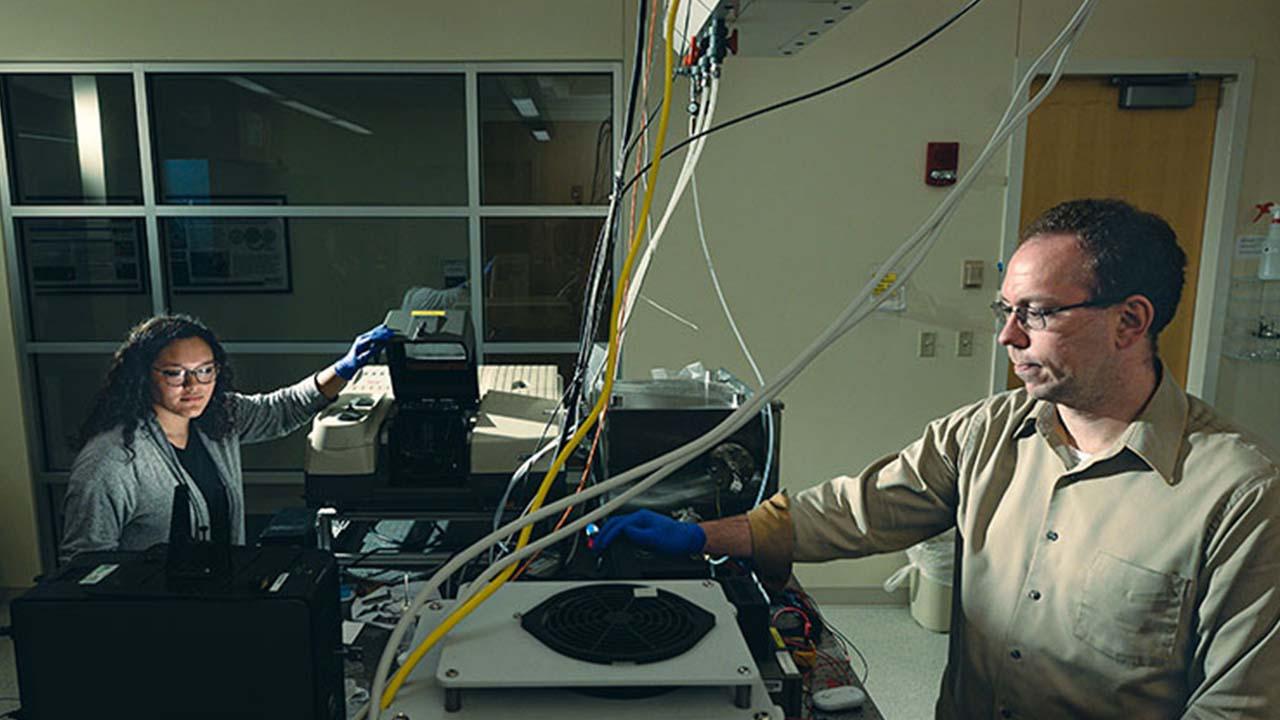
Jennifer S. Linvill, Ph.D. is an Assistant Professor in the Department of Technology Leadership & Innovation at Purdue University, where her research advances workforce development at the intersection of policy, practice, and institutional coordination in emerging technical domains. Dr. Linvill leads qualitative and mixed-methods research efforts focused on assessing workforce needs and technical skill gaps across national public–private–academic ecosystems in STEM-related sectors. Dr. Linvill’s research has directly informed federal policy, workforce development strategy, and investment decisions in high-priority sectors, including microelectronics engineering, cybersecurity, and artificial intelligence.
Dr. Linvill’s broader research addresses systemic gaps in STEM workforce preparedness through technical and workforce needs assessments. Her work identifies critical deficiencies in STEM knowledge, skills, and abilities (KSAs) among emerging professionals and informs the creation of institutional and national strategies to build a more diverse, skilled, and career-ready workforce. Notably, she co-created a certification framework that defines the technical and professional competencies essential for the microelectronics engineering workforce. This framework has been instrumental in shaping engineering curriculum development at universities across the United States. Additionally, as the former Institutional Review Board (IRB) Administrator at Purdue University, Dr. Linvill has deep knowledge in regulatory compliance, human subjects research protections, and the application of ethical research standards. She brings this expertise to bear in leading complex, multi-stake
holder research initiatives.
Her contributions to workforce development research have been recognized through several prestigious awards, including the John P. Lisack Early-Career Engagement Award (2023–2024), Outstanding Faculty in Discovery in the Department of Technology Leadership & Innovation (Spring 2023 and Spring 2024), and the Purdue University Bravo Award—a Department of Defense-funded SCALE Recognition Award for her contributions to the Scalable Asymmetric Lifecycle Engagement (SCALE) Program and nanoHUB (Spring 2024).
